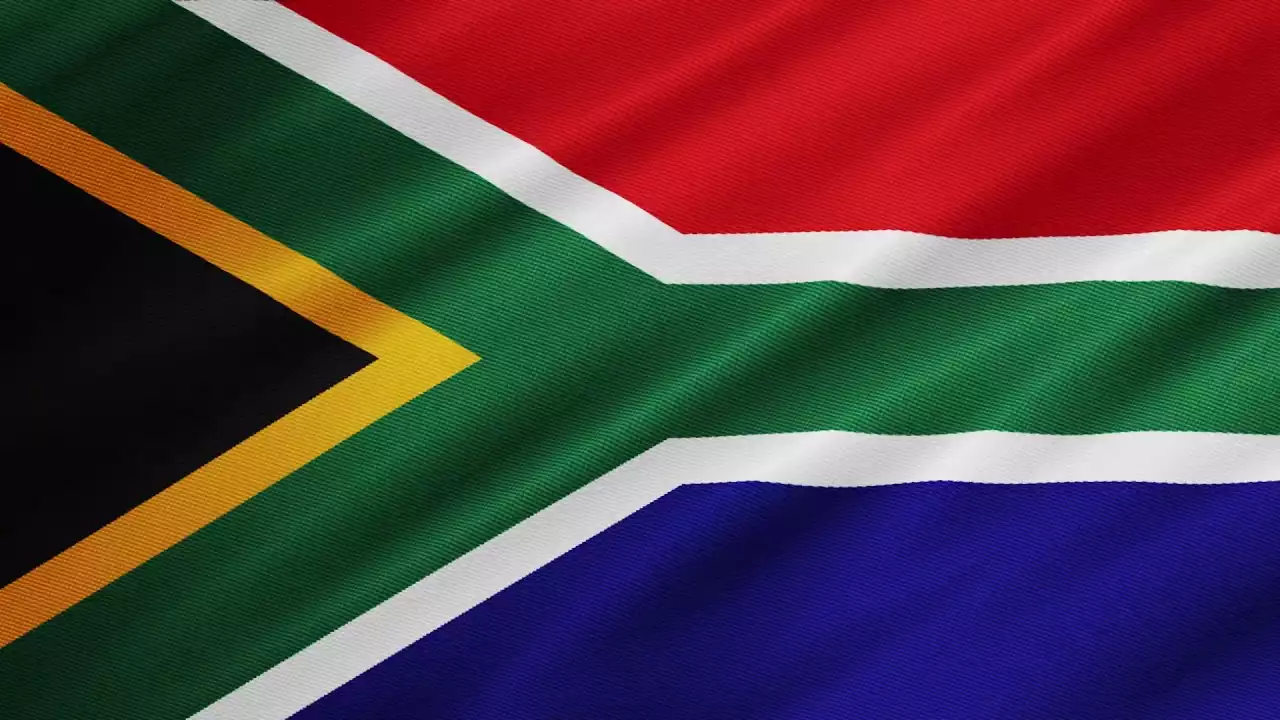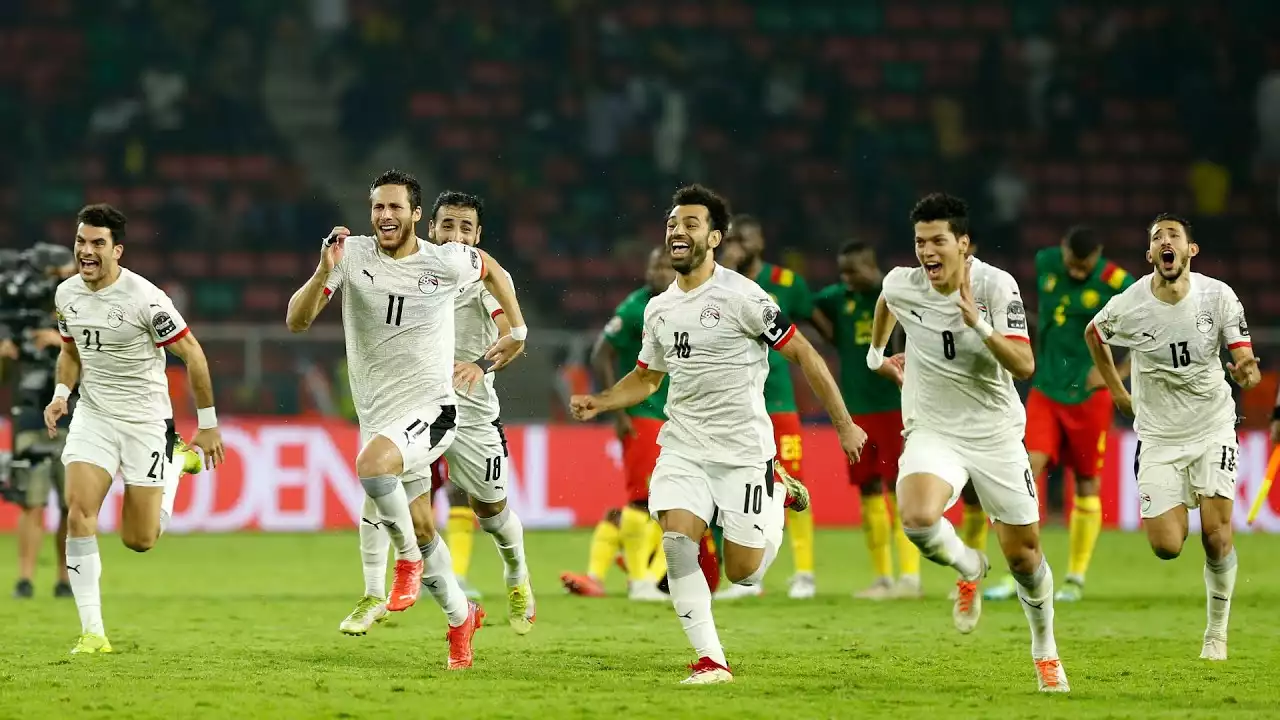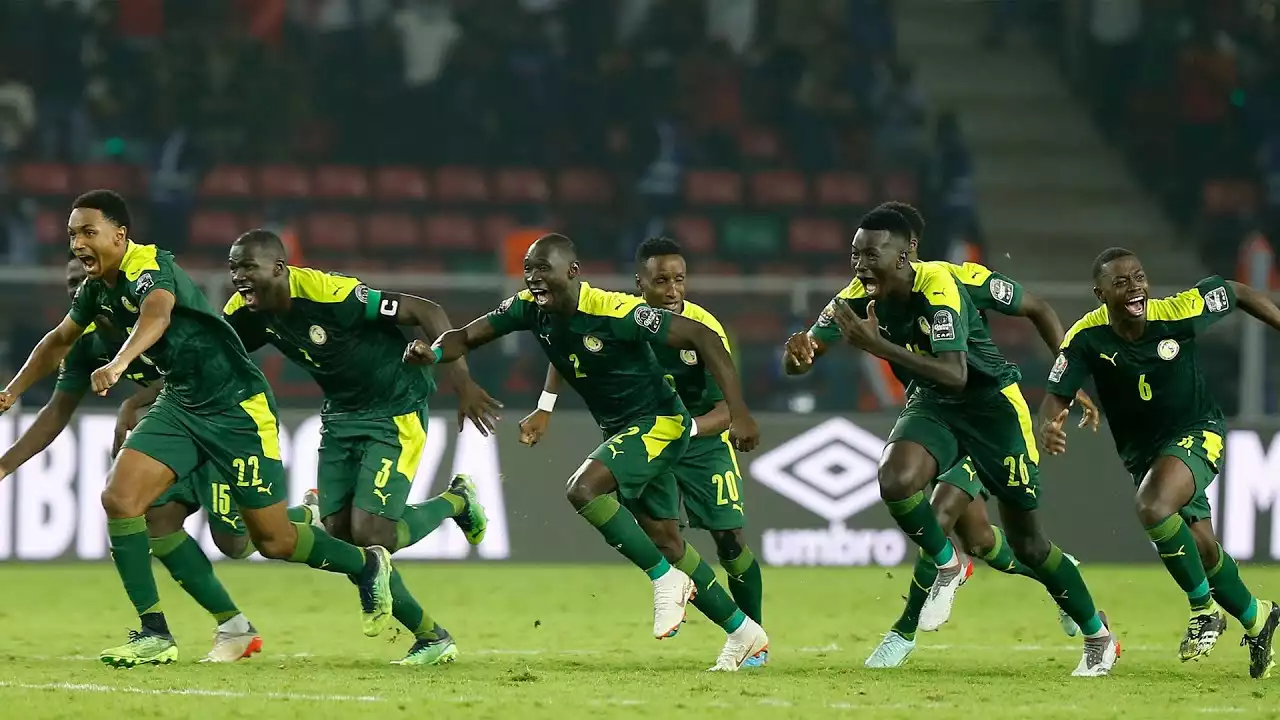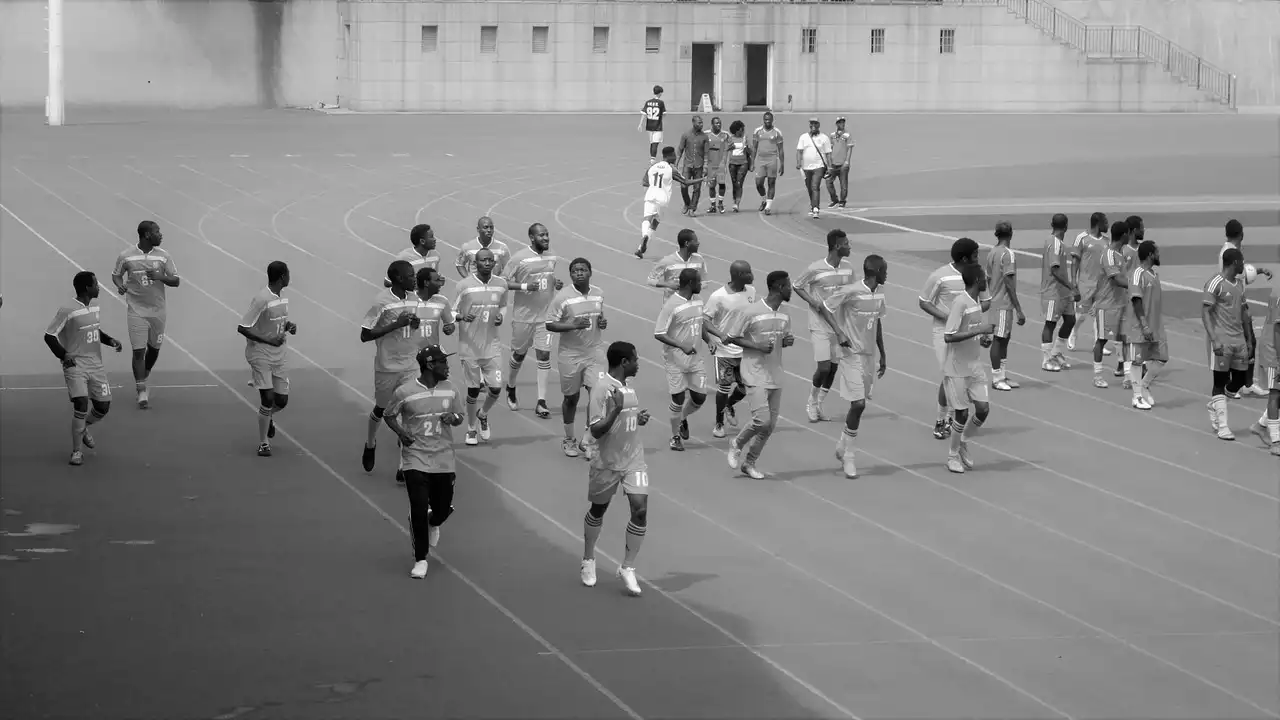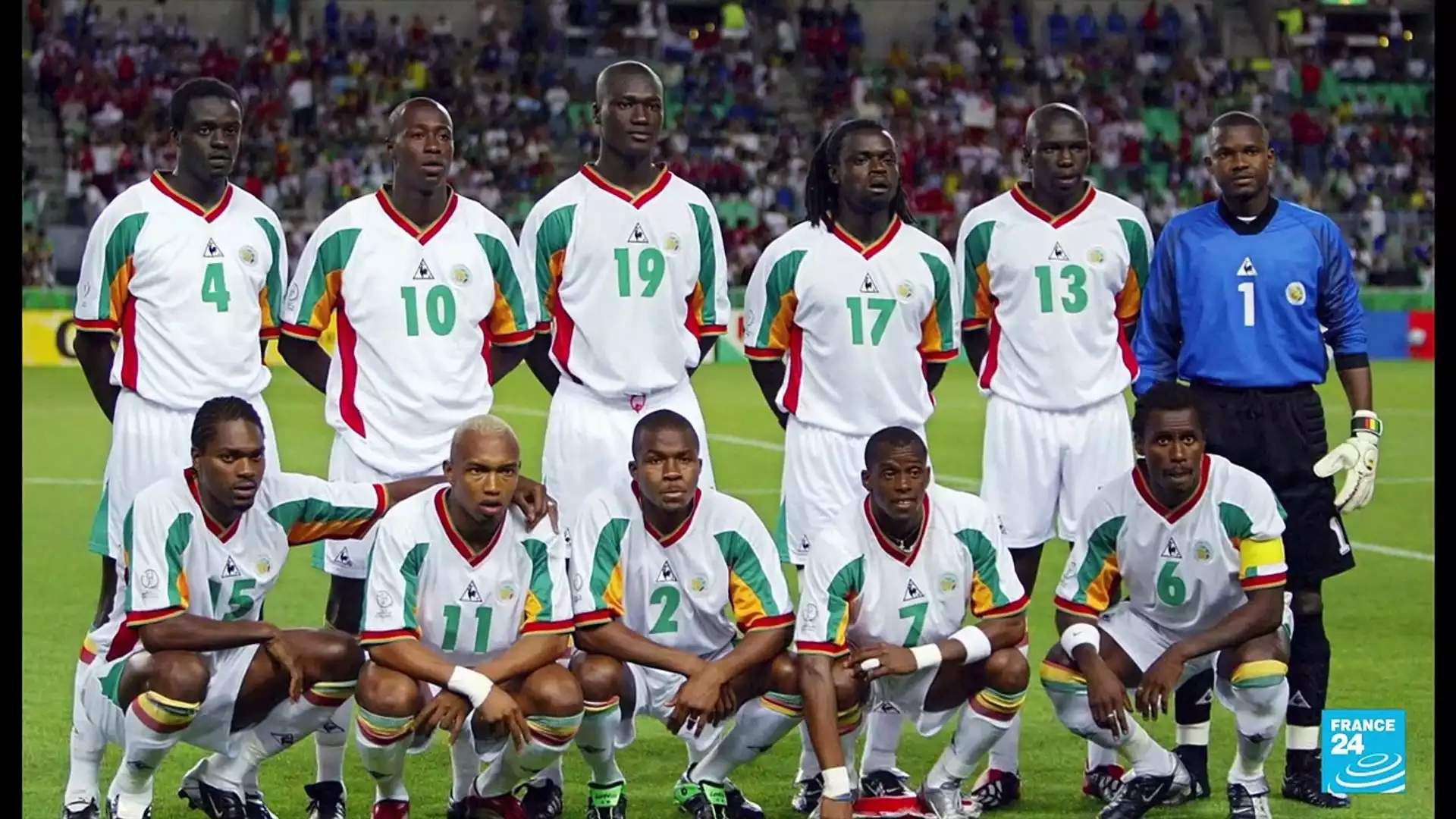The history of South African football
South African football has a long and storied history that dates back to the late 19th century. The sport was introduced to the country by British colonizers and quickly gained popularity among the local population. In 1903, the South African Football Association (SAFA) was founded, marking a pivotal moment in the development of the game in the country.
Despite facing numerous challenges and setbacks, South African football continued to grow in popularity. The establishment of the National Football League in 1959 further boosted the sport's profile, and by the 1990s, South Africa had become a force to be reckoned with in African football.
South Africa's participation in AFCON tournaments over the years
South Africa's first participation in the AFCON tournament came in 1996, when they were awarded the hosting rights. It was a momentous occasion for the nation, as they not only hosted the tournament but also emerged as champions. Led by their charismatic captain, Neil Tovey, and guided by the astute coaching of Clive Barker, the South African national team, known as Bafana Bafana, captured the hearts of the nation with their thrilling performances on home soil.
Since then, South Africa has made regular appearances in AFCON tournaments, with varying degrees of success. While they have not been able to replicate their 1996 triumph, they have had their fair share of memorable moments. Notably, their run to the quarterfinals in the 2019 edition of the tournament showcased the team's resilience and determination.
Impact of AFCON on South African football development
AFCON has played a crucial role in the development of football in South Africa. The tournament has provided a platform for young players to showcase their skills and gain valuable experience at the international level. It has also exposed South African football to a wider audience, both within the continent and beyond.
The success of AFCON has also had a positive impact on grassroots football in South Africa. The tournament has inspired a new generation of footballers and has led to an increase in participation at the grassroots level. The South African Football Association has recognized the importance of nurturing young talent and has invested in youth development programs to ensure a steady supply of talented players for the national team.
Notable South African players in AFCON history
South Africa has produced some exceptional talents who have left a lasting impact on AFCON. One such player is Lucas Radebe, who is widely regarded as one of the greatest South African footballers of all time. Radebe represented South Africa in multiple AFCON tournaments and was known for his leadership qualities and defensive prowess.
Another notable player is Benni McCarthy, who enjoyed a successful career in European football before representing South Africa in AFCON. McCarthy's goalscoring ability and clinical finishing made him a fan favorite, and he played a key role in South Africa's journey to the quarterfinals in the 2002 edition of the tournament.
The role of South African clubs in developing AFCON talent
South African clubs have played a crucial role in the development of talent for AFCON. The Premier Soccer League (PSL), the top professional league in South Africa, has provided a platform for young players to showcase their skills and gain valuable experience. Many players who have represented South Africa in AFCON have honed their skills in the PSL before making the jump to international football.
South African clubs have also invested in youth development programs to nurture young talent. They have established academies that focus on developing technical skills, tactical awareness, and mental resilience. These academies serve as breeding grounds for future stars and have contributed significantly to the pool of talent available for selection in AFCON.
Challenges faced by South African football in AFCON
Despite their successes, South African football has also faced its fair share of challenges in AFCON. One of the major challenges has been the inconsistency in performance. While South Africa has had moments of brilliance, they have also experienced disappointing exits from the tournament. This inconsistency has been a source of frustration for fans and has raised questions about the team's ability to compete at the highest level.
Another challenge has been the lack of infrastructure and facilities. While South Africa boasts world-class stadiums, many other African nations struggle with outdated facilities and inadequate resources. This disparity in infrastructure has had an impact on the overall competitiveness of the tournament and has made it difficult for some nations to reach their full potential.
Success stories and memorable moments of South African football in AFCON
Despite the challenges, South African football has had its fair share of success stories and memorable moments in AFCON. The crowning achievement came in 1996 when South Africa won the tournament on home soil. The scenes of jubilation and celebration that followed will forever be etched in the memories of South African football fans.
Another memorable moment came in the 1998 edition of the tournament when South Africa faced off against Brazil in the group stage. Against all odds, South Africa held the mighty Brazilians to a 0-0 draw, showcasing their ability to compete with the best in the world.
The future of South African football in AFCON
As South African football looks to the future, there is optimism and hope for continued success in AFCON. The South African Football Association has made significant investments in youth development and infrastructure, which bodes well for the future of the national team. There is a renewed focus on nurturing young talent and creating a sustainable pathway for players to progress from grassroots to the national team.
Furthermore, South Africa's hosting of the 2010 FIFA World Cup has left a lasting legacy in terms of infrastructure and facilities. The world-class stadiums that were built for the tournament continue to be used for football matches and have provided a platform for the development of the sport in the country.
South Africa's contribution to the growth and success of AFCON
South Africa has played a significant role in the growth and success of AFCON. Through their participation in the tournament, South African football has showcased its rich heritage, produced exceptional talents, and left a lasting impact on the overall narrative of AFCON. While there have been challenges along the way, South Africa's commitment to the development of the sport and its passionate fan base ensure that the nation will continue to be a major player in AFCON for years to come.
